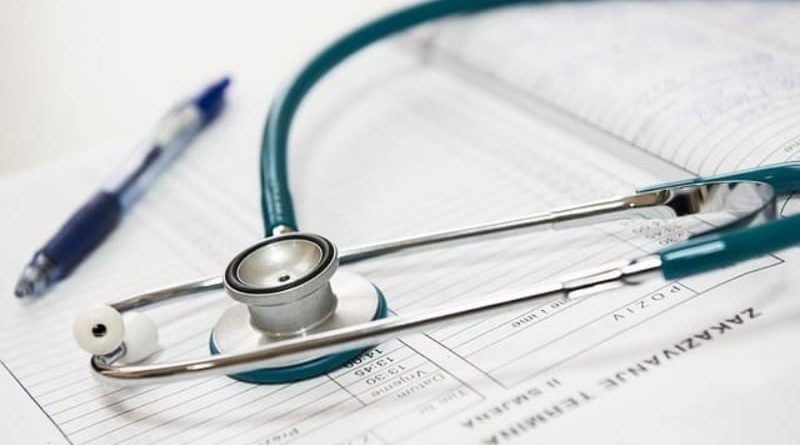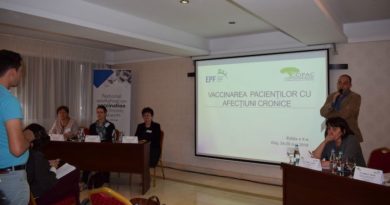
Ensuring universal and affordable access to safe and innovative medicines
We are entering into a new era of innovative medicines and medical devices in the EU, with news of promising breakthroughs virtually every day. This should be good news for patients, particularly those who suffer from diseases that have so far been extremely difficult to treat, such as rare cancers, lung diseases and Hepatitis C. However, such innovations often come with hefty price tags and remind us that there are still unacceptable inequalities in the EU when it comes to healthcare.
Pharmaceutical pricing and reimbursement is the competence of individual EU countries, and today there are still wide variations between different health systems. However, several groups of countries have already started exploring possibilities for jointly negotiating prices for expensive drugs. Belgium, the Netherlands, Luxembourg and Austria are working together, for example, and Romania and Bulgaria have also recently struck up an agreement.
Unequal access to innovative medicines is a hot topic these days, and Patients can feel justifiably outraged if they are denied a breakthrough treatment due to its cost. Better pricing mechanisms can help bridge some health inequalities we still see in Europe today and also make our health systems more sustainable. Although this is a national matter, the Commission is committed to supporting and assisting EU countries so that their health systems become more effective, accessible and resilient.
As a starting point, EU-level forums give EU countries the opportunity to discuss together how to increase patient access to innovative medicines and to reflect on questions such as: How can we create partnerships between the pharma industry, EU countries and payers? How can we ensure that patients’ needs are met and that profit does not play an exclusive role in medicine access?
Such topics are not only discussed by national Health Ministers, practical solutions to ensure patient access to innovative medicines are explored in the Safe and Timely Access to Medicines for Patients ‘STAMP’ Expert Group. Politicians and experts agree that it does not only depend on optimisation of authorisation procedures, but is also linked to Health Technology Assessment (HTA), where there is much potential for cooperation at EU-level.
High-quality assessments of health technologies provide vital evidence-based information to support decision makers in allocating their resources to ensure sustainability of health systems and that real innovation reaches patients. A recent study for the UK1 which focused on 10 health technology assessments concluded that savings of approximately £3 billion could be achieved in that country alone if the recommendations from HTA reports were followed.




